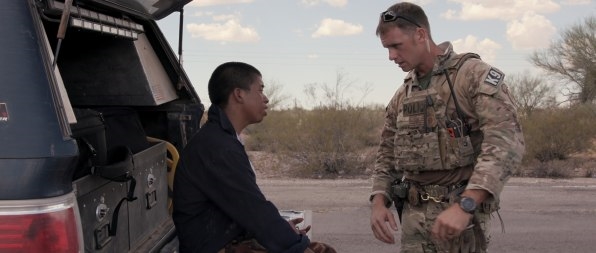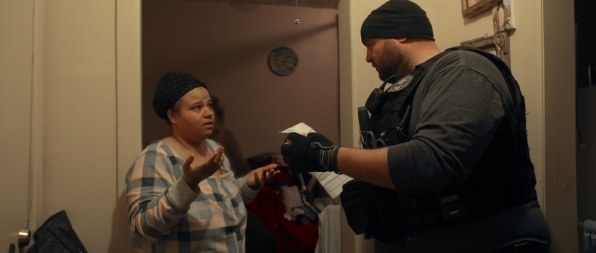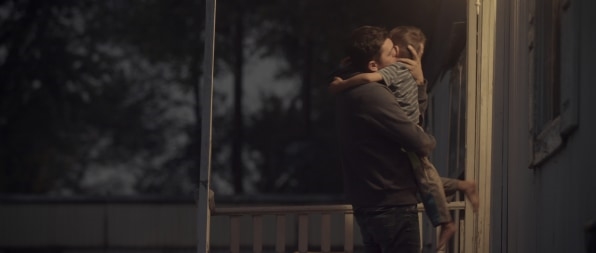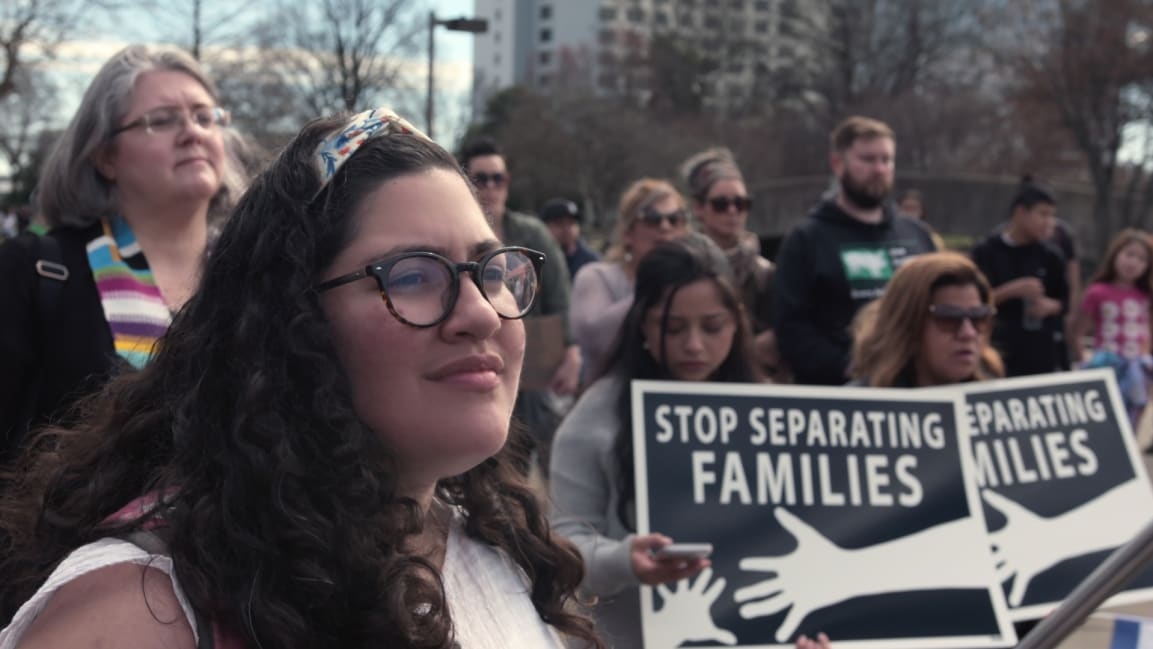Netflix’s ‘Immigration Nation’ offers an unflinching portrait inside ICE—and a broken system
Anti-immigration policies have been one of the defining initiatives of the Trump’s administration—and nothing has been more controversial than Trump’s use of ICE to try to enforce his efforts to deport both Latinx and Muslim immigrants.
After the Sept. 11 attacks, the Bush administration established the Department of Homeland Security. Within that department came U.S. Immigration and Customs Enforcement, also known as ICE. At the time, ICE’s primary mission was to “prevent acts of terrorism by targeting the people, money, and materials that support terrorist and criminal activities,” according to the Department of Justice.
Over time, ICE’s main target became removing undocumented immigrants. Under previous administrations, one had to have committed serious crimes to be deported. However, shortly after Trump’s inauguration, he signed an executive order that essentially opened the floodgates for all immigration violators to be removed from the country. ICE’s ballooning scope of power also came with Trump calling for an additional 10,000 ICE employees. Last month, ICE agents were among the troops Trump sent into Portland, Oregon, to detain and terrorize protestors.
As the organization exploded into a behemoth of controversy, filmmakers Shaul Schwarz and Christina Clusiau were on the inside capturing it all.
Immigration Nation is a six-part docuseries that goes inside ICE’s operation to unveil the officers assigned to execute Trump’s orders, as well as the immigrants whose lives have been greatly impacted by those orders.
“Immigration is so charged and people get so angry that they come in with their mind’s already made,” Schwarz says. “We want people to look at how broken the system has gotten and put away their politics.”
Schwarz and Clusiau gained access into ICE through one of the agency’s spokesmen whom Schwarz met while working on his 2001 documentary Narco Cultura. Schwarz later approached this person with the idea of doing a documentary about immigration but was turned down.
It wasn’t until Trump’s inauguration and his executive orders that followed that he and Clusiau re-pitched the idea, underscoring its potential under the given circumstances.
“We went back to the same spokesperson and said, ‘You’re going to get a lot of heat. And it would be a good time to let somebody do an objective take on the agency from within,’” Clusiau says.
While Schwarz and Clusiau certainly didn’t set out to demonize ICE officers, there are several moments within Immigration Nation that highlight how problematic the agency is.

For example, in the first episode, the issue of collaterals is brought up: If an ICE officer is dispatched to detain a specific target, there may be other undocumented immigrants in the household. It seems to be somewhat of a moral call for officers on whether or not they choose to take in just their target or everyone.
“I don’t do collaterals. I just don’t think it’s right,” one officer in Immigration Nation explains while driving to a location. “I know it’s my job, but I got guys that are aggravated felons that I’d like to catch. I don’t care about the guy that’s minding his own business and cooperating with me.”
That same officer then gets a call from his boss demanding that he start taking in collaterals: “I don’t care what you do, but bring in at least two people.”
The officer asked the film crew if his boss knew they were filming him at that moment, “’cause that’s a pretty stupid fucking thing to say,” the officer says.
It’s a scene that illustrates how Trump’s immigration efforts are apparently a game of quotas to prove that he’s moving the needle on his campaign promises. It’s also a moment that makes you wonder what, if any, ramifications ICE is bringing on itself.
That same boss that told one of his officers to bring in people no matter what is also seen at the top of the episode filming a detainee and joking about it on a group text.

“I remember people asking us like, ‘Oh my God, are they, like, horrible or are they this and that?’” Schwarz says of ICE officers. “There’s people that you like less. There’s people you agree with more. But we found an agency that was put into a very hard position, and we were very interested in showing that.”
On the flip side of ICE, Schwarz and Clusiau also capture the journeys of several detainees “that are basically chewed up in the system,” Clusiau says.
“For example, Bernardo, who was the character that you meet in episode two, he was one of the fathers that came across the border with his young son and was separated,” she says. “And to witness his experience from being in detention and then his son’s experience from being separated and the family’s experience that was left behind, you start to see the large-scale impacts of an unfavorable system.”

Immigration Nation is an unflinching portrait of a broken system that has no hope of being fixed until the heated rhetoric around immigration quells to a common understanding of what the real issues actually are.
“I truly believe that 99% of conservatives do not think we should deport veterans, but we do. And that didn’t start with Trump, it started under Clinton,” Schwarz says. “And I don’t think most liberals, although they might say abolish ICE, think that you do not need any immigration police. And so where’s that middle ground of treating people with dignity?”
“We’re not going to agree on everything,” he continues. “But take a look at what’s broken and agree to agree on things that are dignifying towards people, towards the values of who we are, because that’s important.”
Fast Company , Read Full Story
(37)



